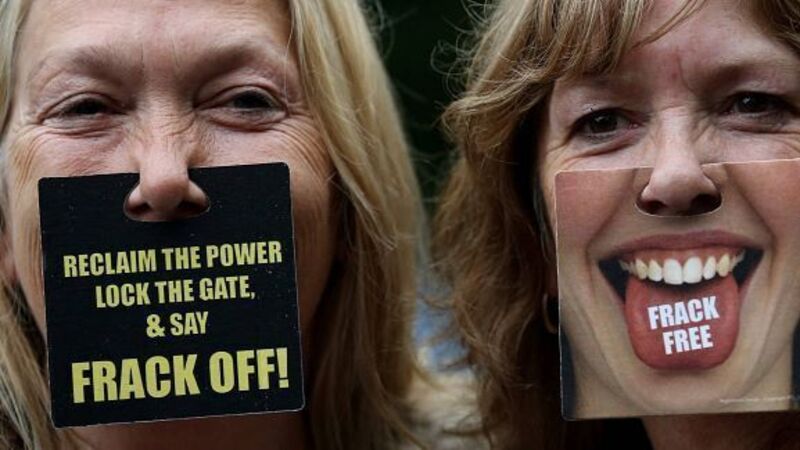Fracking protestors vow to go on despite arrests

Anti-fracking protesters will maintain a presence outside an exploratory drilling site following two days of direct action against the energy company carrying out the work.
The “mass civil disobedience” saw police officers arrest more than 30 people at the Cuadrilla site near Balcombe, West Sussex, including Green MP Caroline Lucas.














